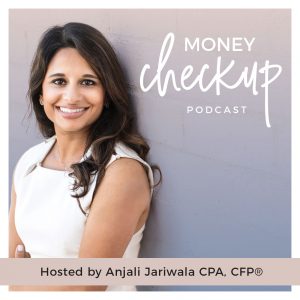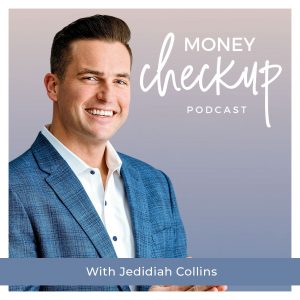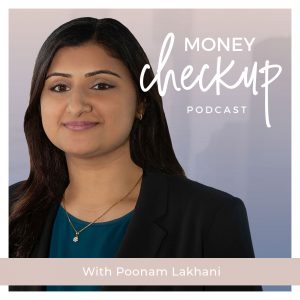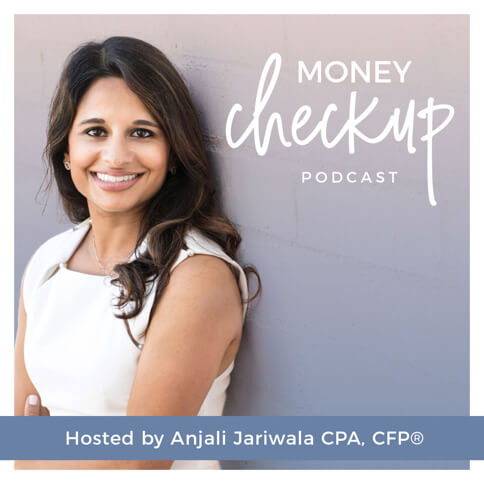Veena Jetti is a real estate investor specializing in multifamily properties. At her firm, Vive Funds, she seeks to develop investment opportunities in Texas and Florida, then to bring investors together to take advantage of those opportunities. However, she continually reminds potential investors that they’re investing in the sponsorship team as much as the property itself. A good team can make a good deal into a great deal, she says; the opposite is less likely.
“If you are not 100% comfortable with a deal, for any reason, don’t do it. I know there’s this FOMO, I know people are anxious to get into the market and get into these great deals, but if there’s something that doesn’t make sense to you or that you don’t like about a deal, don’t do it.”
Vive Funds has worked with more than 400 investors to develop a portfolio of more than 2,500 units.
ABOUT THE GUEST:
Veena Jetti is the founding partner of Vive Funds and a former founding partner af Enzo Multifamily. She has more than 10 years of real estate experience and currently manages a portfolio of more than $350 million, primarily in Texas and Florida.
Social, website, book link:
Vive Funds: vivefunds.com
EPISODE HIGHLIGHTS:
- Multifamily properties are classified as A, B, C or D assets according to their condition and location. B class, which is Veena’s specialty, generally includes well-established properties with amenities, which are generally home to working middle-class families.
- Veena recommends that passive investors begin by researching sponsorship teams. A well-established sponsorship team whose members are invested in their own deals can make a good deal a great one, but a disengaged sponsorship team can hurt a deal.
- Next, Veena looks at the underwriting of each deal. Make sure their cost estimates make sense. Understand where their financing is coming from. Review the investor deck with your financial advisor before committing.
- Most private equity deals require accredited investors, though there is one exception for “sophisticated” investors: The 506(b) raise. For a B raise, the onus is on the investor to verify and truthfully disclose their accreditation status, and sponsors are allowed to accept up to 35 unaccredited investors.
- Limited partners (LPs), also called passive investors, arrange and invest capital for investment funds but have no official control of the property their sponsorship teams purchase. Their investments help general partners (GPs) purchase properties and they collect returns, but are typically not involved in day-to-day management issues.
- General partners (GPs) are investment professionals who make decisions about how funds are spent and how properties are managed. GPs are compensated via acquisition fees, management fees, financing fees and other fees. When properties are not performing, Veena says, good sponsorship teams will suspend management fees.
- GPs generally split returns with LPs. In a 30/70 split, 30% of returns would go to GPs and 70% to LPs. A “pref rate,” typically around 7%, means that the first 7% of any profits distributed will go to LP investors, and sponsors won’t get paid until that 7% is complete.
- COVID-19 hasn’t really affected pricing on assets, Veena says. As a buyer, as long as she knows about bad debt, she doesn’t necessarily worry about it.
- From an underwriting perspective, Veena says underwriters who previously would have sought buildings with a 5% vacancy rate may now be open to a 10% vacancy rate, as tenants lose or change jobs or move out for other reasons. If that continues to change, underwriters will evolve with it.
- Veena’s company is operating under the assumption that rents will increase 0% in the next year. Even if that doesn’t turn out to be true, it’s a conservative approach to underwriting.
- Deals are still happening during COVID-19, albeit fewer of them, but Veena insists there is always a deal to be found. She and other sponsorship teams are actively looking for good ones.
- Good sponsors will be happy to let potential investors’ financial advisors and accountants review deals before the investor commits.
WORDS OF WISDOM:
“You can always change the physical class of your asset. It’s impossible to change the location.”
“When you’re investing in a deal, you’re not necessarily investing in just a deal. You’re investing in the team. You’re investing in the jockey, not the horse.”
“There is risk in every single deal. Multifamily is definitely one of the lower-risk asset classes within real estate, but it does not come without risk.”
“There are deals to be had at every point in every market cycle.”
“If you are not 100% comfortable with a deal for any reason, don’t do it. I know there’s this FOMO, I know people are anxious to get into the market and to get into these great deals, but if there’s something that doesn’t make sense to you or that you don’t like about a deal, don’t do it.”
“Be true to your investment criteria. Be confident that you understand how the deal works. Go into it knowing that these are uncertain times, and even somebody with 100 years of experience in this field is still not going to know how a global pandemic really plays out in terms of today’s multifamily market.”
STAY IN THE LOOP WITH US!
Do you receive our weekly email? If not, sign up on our homepage!
If you enjoyed this episode, I’d appreciate it if you could rate and review the show on Apple Podcasts!
If you loved this episode, here’s another I think you’ll enjoy: Episode 15: The Ins and Outs of Real Estate Private Equity Investments with Rachele Voigt




